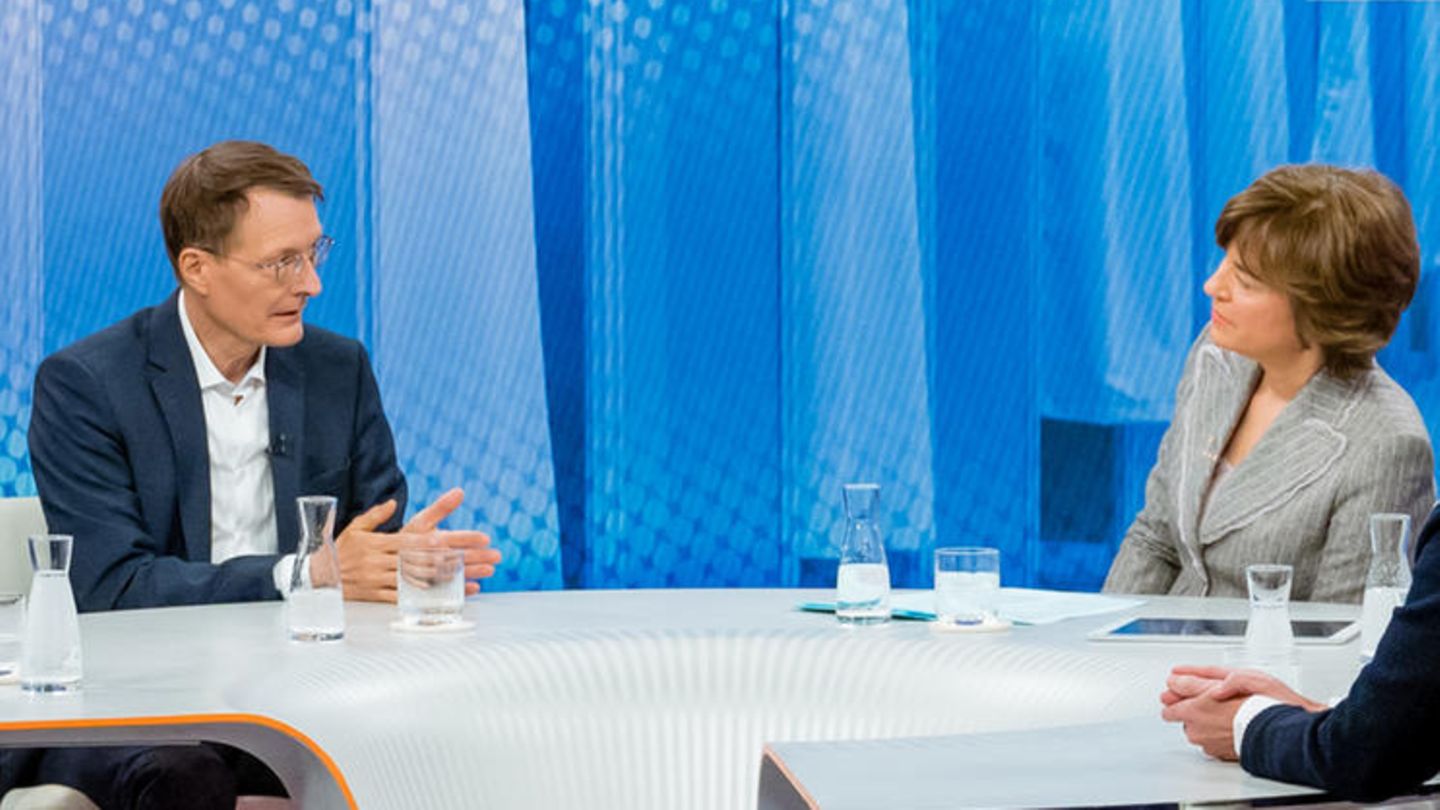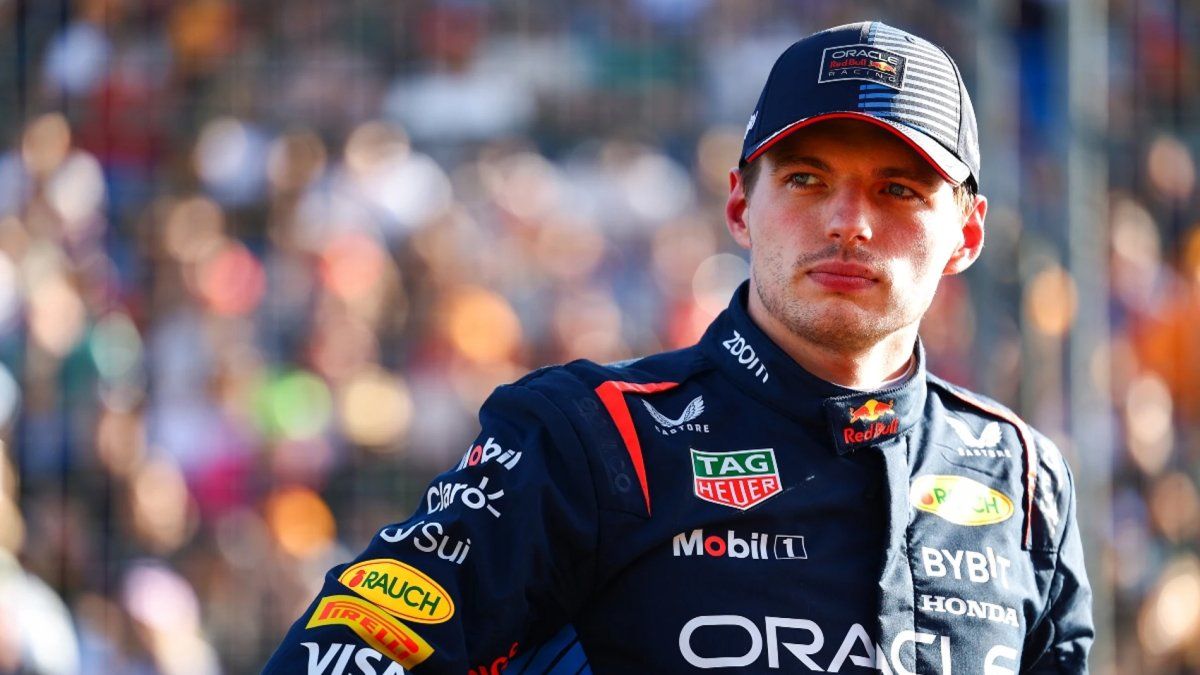Karl Lauterbach in his second living room: Even as Minister of Health, he doesn’t give up talk shows. And clearly shows that he wants to do better in terms of pandemic policy than his predecessor. Instead of panic, there was confidence that “we will make it”.
By Sylvie-Sophie Schindler
Anyone surprised? As soon as Karl Lauterbach is in his new position, he is sitting, the armchair is still warm, on the next talk show. FDP man Wolfgang Kubicki, who himself is known to be a frequent guest at Lanz, Illner and Co., smugly oracles in relation to the newly appointed Federal Health Minister: “The German talk show scene will now have to do without him more often. So everything has its good side. ” He said that in an interview with the “Bild” newspaper.
“Omikron and mandatory vaccination – new minister, new worries?” Asks Maybrit Illner on Thursday evening. To care? Lauterbach takes his foot off the panic pedal. It seems like he got a sovereignty “booster” with the ministerial office. The result: more prudence, less apocalypse. The SPD politician makes it clear that no time will be lost in the “fight against the pandemic”. He seems to want to do better than his predecessor. And his confidence is needed: “I believe that we can do it and I will do everything for it.” Journalist Tina Hildebrandt digs into this imperturbability: “Even a Karl Lauterbach cannot turn off the virus.”
It discussed:
Tobias Hans (CDU), Prime Minister Saarland
Tina Hildebrandt, Journalist
Karl Lauterbach (SPD), Federal Minister of Health
Viola Priesemann, Physicist and modeler
Marie-Agnes Strack-Zimmermann (FDP), member of the party executive committee
According to the Robert Koch Institute (RKI), almost all corona infections in Germany are currently caused by the Delta variant. Means: The new virus variant Omikron has not yet had any noteworthy effects on the current infection rate in this country. But that can change rapidly, because the new mutation is supposed to trigger milder courses, but, and that’s the crux of the matter, it seems to be highly contagious. Therefore, according to Lauterbach: “We absolutely have to get in front of the wave – if it comes.” One shouldn’t lag behind again. A third vaccination is inevitable: “We are only protected from Omikron by boosters.”
Means: Boost what it takes. Germany already holds a record: “Nobody in Europe boosts as fast as we do.” The day before, for example, there were 1.1 million vaccinations: 90 percent booster, 10 percent primary vaccinations. According to Federal Chancellor Olaf Scholz, as he announced days ago, “up to 30 million doses of vaccine should be in the upper arms by Christmas”. Can it be done, Mr. Lauterbach? “We may not get the 30 million,” he admits. However, that would then be due to the vaccination and not to the supply: “We will have enough vaccine by the end of the year.”
Lauterbach: Vaccine inventory, build up reserves
Just don’t be late. This also includes, according to Lauterbach, making provisions in good time, he is in direct contact with “the manufacturers.” An inventory will start tomorrow, Friday. Among other things, contracts and planned deliveries would be checked. There should also be enough reserves. Germany good, all good? As in dozens of talk shows, Illner goes unmentioned: The pandemic – that’s what the word says – is a global matter. And it can only be mastered if it is brought under control worldwide.
That is why the WHO has been warning for weeks that there should be no vaccine nationalism; umpteen countries are undersupplied. A plus point for Lauterbach is that he refers to the international vaccine platform Covax, even if only in a subordinate clause. They want to donate there when it is certain “that we do not need vaccines”. Germany has also been very committed to this end: The Federal Foreign Office reported for 2021 that over 100 million doses of vaccine had already been given or had been contractually guaranteed.
There is talk of a fourth vaccination – no end in sight?
Vaccinated is not, however, immediately vaccinated. “Tomorrow’s vaccinated person will be vaccinated three times,” says Maybrit Illner. But what comes next? After all, there is already talk of four vaccinations – and there seems to be no end in sight. This is also reported by Tina Hildebrandt. She welcomed the fact that the first Bund-Länder-Round under Chancellor Scholz gave a clear signal for the compulsory vaccination. And that it has also been made clear that “it will not stop”: “We will be in a stand-by state for a very long time.” She says it like you just have to accept it. Objection: Journalists have to do more.
Illner points to a “holey vaccination protection”. When should a vaccine adapted to Omikron be expected and then there would be compulsory vaccination and at all. “When the compulsory vaccination comes in March or April, of all things, when we don’t even make sure how many of the adapted vaccines are with us …”, the moderator begins. Lauterbach explains that Biontech founder and boss Uğur Şahin “takes 90 days” to produce a vaccine against the new variant. At the same time one should “not underestimate the old vaccine”.
Omikron: recovered or vaccinated hardly protects against infection
And what about those who have recovered? No good news. Even if the study situation has not yet been completed, Lauterbach continues, the convalescent status “does not help much at Omikron”. They in particular would become infected “particularly quickly”, even those who have recovered several times. People who have not yet had any vaccination protection are also at greater risk. Since the people who have been vaccinated twice are “not protected as far as the infection is concerned”, it could be that a possible wave “quickly runs into the unvaccinated because the people who have been vaccinated twice transmit it.” In a “very short time”, “all those who have not been vaccinated are infected”. Lauterbach occasionally tips over into the panic Lauterbach.
Viola Priesemann is also responsible for worst-case scenarios. While she doesn’t like “being the bad news bearer,” it is important to be prepared. To be able to act “in the worst case”. It makes it clear that “one has to take quick and tough action if it is necessary”. Your position is known: Instead of a creeping “lockdown light”, it would be better to shut everything down completely for a short time. Because: “Being quick saves long-term trouble.”
FDP woman Strack-Zimmermann: “Lockdown no longer possible”
Marie-Agnes Strack-Zimmermann reminds us: “A complete lockdown is no longer possible.” With the end of the “epidemic situation of national scope”, the federal states have lost far-reaching legal powers. Illner points out that it is not always helpful to keep everything open at all costs. Many restaurants have to struggle with a “creeping death”. “No, that’s not the case,” claims the FDP woman. “Yes,” says Tobias Hans. “Restaurants have a significant drop in sales, which also has an impact on retail.”
On the other hand, the two agree on compulsory vaccinations. Because: “The situation has changed.” Anyone who does not comply will be fined, see measles obligation. In addition, the facility-related Covid vaccination requirement has already been launched, it should pass the Bundestag this Friday. Regarding the frequent breaches of the politicians’ word – “There will be no compulsory vaccination” – Hans only has to admit, which also applies to some other, not always understandable decisions in the pandemic: “We lost trust along the way.”
Source From: Stern
David William is a talented author who has made a name for himself in the world of writing. He is a professional author who writes on a wide range of topics, from general interest to opinion news. David is currently working as a writer at 24 hours worlds where he brings his unique perspective and in-depth research to his articles, making them both informative and engaging.




